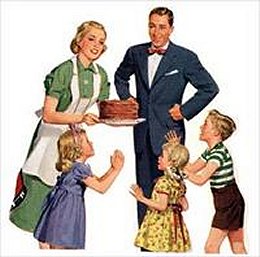
Why no kids? Projectile vomit!
As if you needed more reasons to not have a baby, I’m tapping Scary Mommy this morning for a few reminders why some of us opt to remain childfree.
Ready?
[Do a little dance!]
Jill Smokler’s motivation for scribling just a few (in the comments she admits that plenty more could have been added to the list) reasons to not have a baby was a comment directed at her family while visiting friends recently: “the Smoklers certainly serve as excellent birth control.” (Full disclosure: I admit, my bride and I have more than once cited others (friends and otherwise) as reasons to not have a baby…)
Unoffended but inspired, Ms. Smokler set out to trump their childfree quip with 50 Reasons To Not Have A Baby. Although you’ll enjoy all of her unfiltered quips, these are my favorites.
- Stretch marks on top of stretch marks.
- Sex with a fetus in the middle.
- The placenta.
- Worrying that the baby’s floppy head might actually fall off.
- Rectally taking temperatures.
- Sore nipples.
- Being incapable of having conversations with other adults.
- Projectile vomit.
- Spit up covered shoulders.
- Explosive diarrhea.
(via Scary Mommy)
From stretch marks to diarrhea, Scary Mommy squirms at nothing. Honest gripes from a candid parent. Thanks, Ms. Smokler, for reminding WNKers of a few less heady, more body-and-body-fluid reasons why no kids trumps kidding… Add them to your list of reasons to not have a baby, and if you’ve got a particularly gross addition, please add it in the comments.
Related articles























 Childfree Chicks is a Facebook group set up by Tasmanian Tori Hodgman for
Childfree Chicks is a Facebook group set up by Tasmanian Tori Hodgman for 

